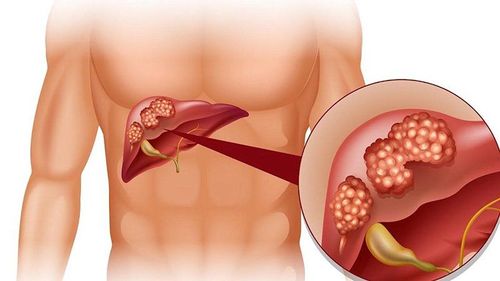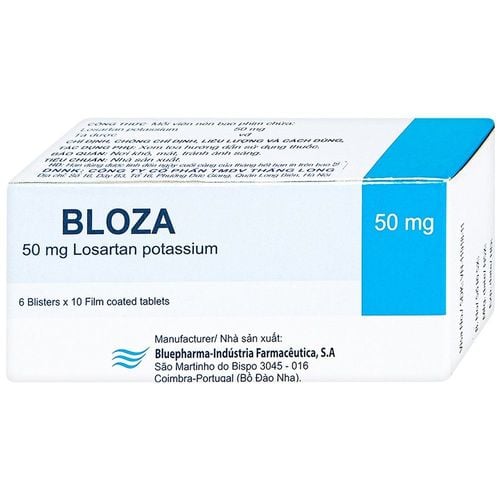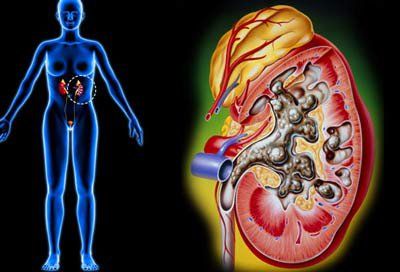This is an automatically translated article.
The article was professionally consulted with Associate Professor, Doctor, Doctor Hoang Dang Mich - Head of Department of Medical Examination & Internal Medicine - Department of Medical Examination and Internal Medicine - Vinmec Ha Long International Hospital.Chronic kidney disease, also known as chronic kidney disease, often incubates silently in the body, until the last stage, the symptoms appear, at which time the patient will not be able to continue to live without kidney replacement therapy. Therefore, if you often feel tired, dizzy, swollen limbs ... then you need to go to the doctor right away because those can be warning signs of kidney problems.
1. What is chronic kidney disease?
Chronic kidney failure is a disease that shows a gradual loss of kidney function, when the disease reaches an advanced stage, the process of filtering waste and excess fluid out of the blood is stalled, leading to severe consequences. is the accumulation of fluid, electrolytes and waste products in the body. When the medical condition is prolonged, it will cause chronic kidney damage.
Patients with diabetes and hypertension will have a higher risk of chronic kidney failure than the general population. In addition, the causes of chronic kidney disease are also due to: Interstitial nephritis, glomerulonephritis, polycystic kidney disease, urinary tract obstruction, from conditions such as kidney stones, prostate enlargement, reactive reflux, autoimmune disorder systemic lupus erythematosus...
2. Symptoms of chronic kidney disease

Suy thận mạn tính gây nên sút cân hoặc ăn không ngon
Symptoms of chronic kidney failure are often insidious, not obvious until severe kidney damage occurs, they can be:
Fatigue, nausea, dizziness, poor appetite. Feeling unwell Blue skin, anemia, or dull and dry skin. Weight loss or loss of appetite Urinating more or less than usual, urine that is dark (coca-cola color) Heaviness in the eyelids, or swelling of the lower extremities (swelling called edema) Foamy urine Itching or rash. The symptoms of chronic kidney failure are similar to those of some other diseases, so the diagnosis is easy to miss.
Chronic kidney failure, if not detected and treated promptly, often leads to many dangerous complications, affecting the patient's health and life. The sooner the disease is detected and treated, the more effective the treatment will be.
3. How to prevent chronic kidney failure?

Nói không với thuốc lá sẽ góp phần ngăn ngừa bệnh suy thận mạn
To prevent chronic kidney failure, in addition to regular and regular health check-ups, people need to:
Control blood pressure and blood sugar closely A healthy diet (reduced protein or salt), use Use a lot of green vegetables, fiber Maintain a stable weight Practice daily exercise and sports at a moderate level Say no to tobacco Be careful when using medicines to treat diseases. When there are symptoms of chronic kidney failure but are uncertain, the best way is to go to the hospital to determine the most accurate condition and have a specific treatment plan if you happen to have the disease. This is very important because early detection makes the treatment process much easier than late detection.
Vinmec International General Hospital with the high expertise of the medical team, along with the quality of modern equipment and supplies, will ensure the most accurate diagnosis of chronic kidney failure.
Customers who want to be examined and consulted at Vinmec, please book an examination HERE.













